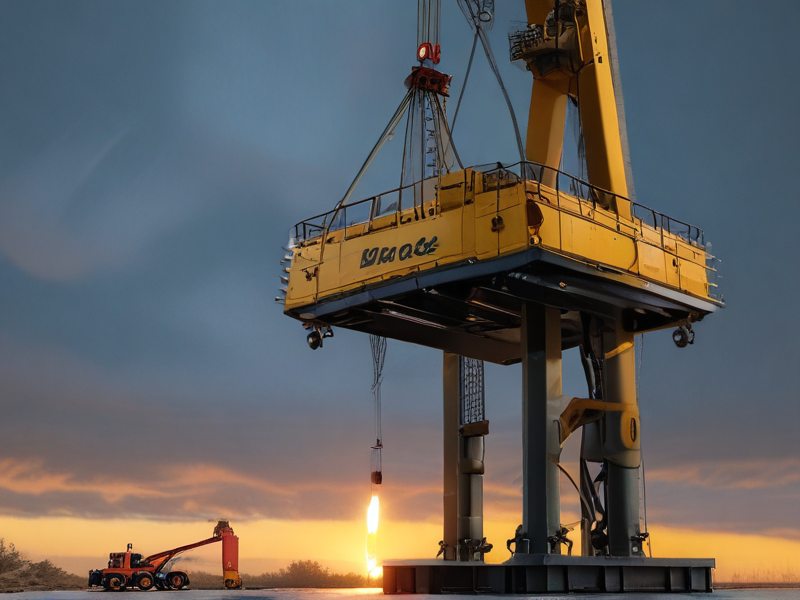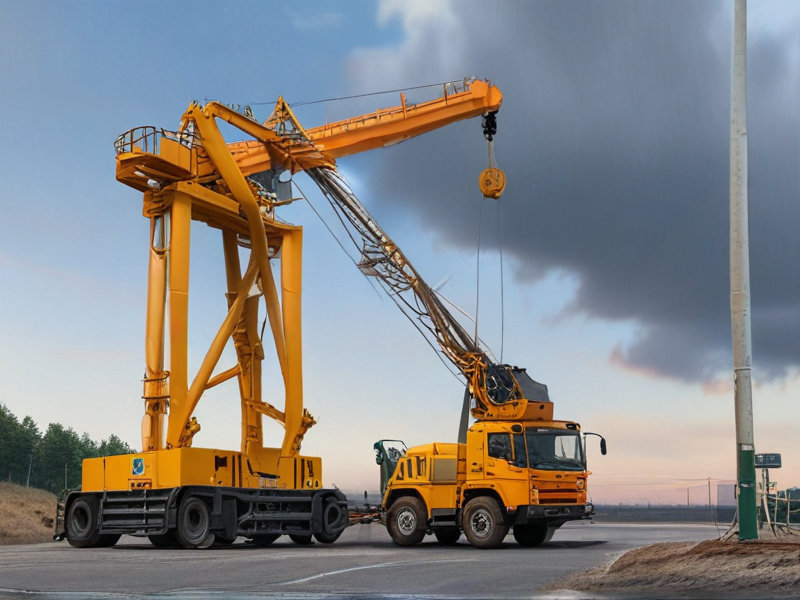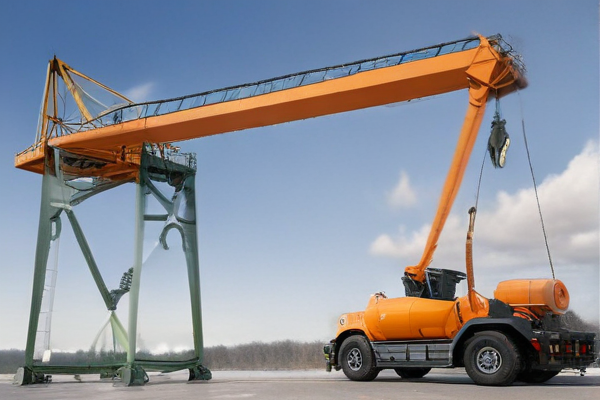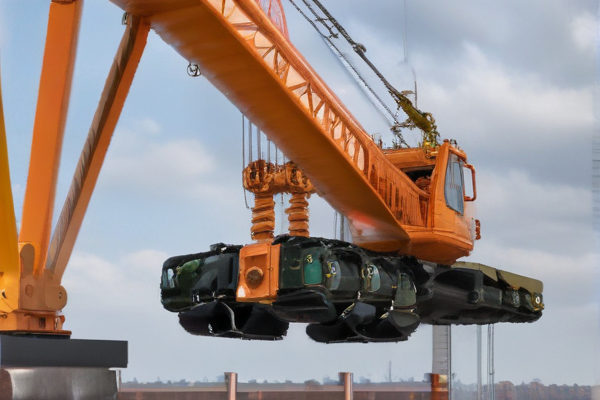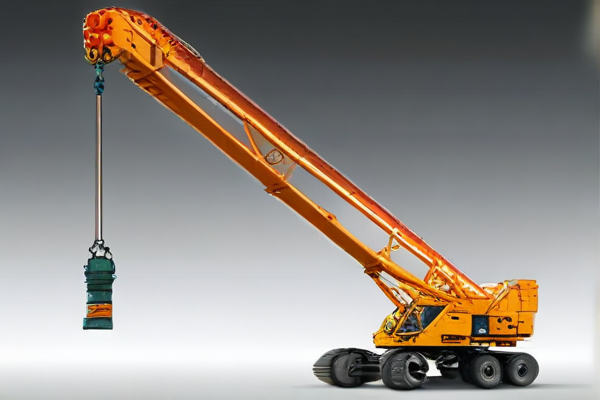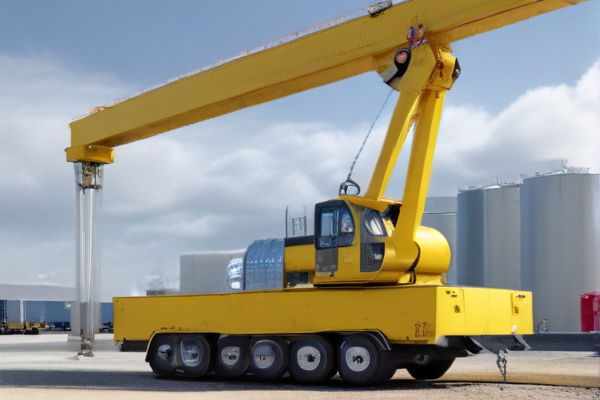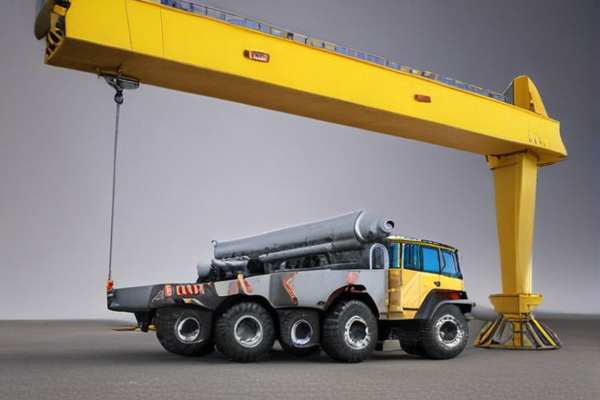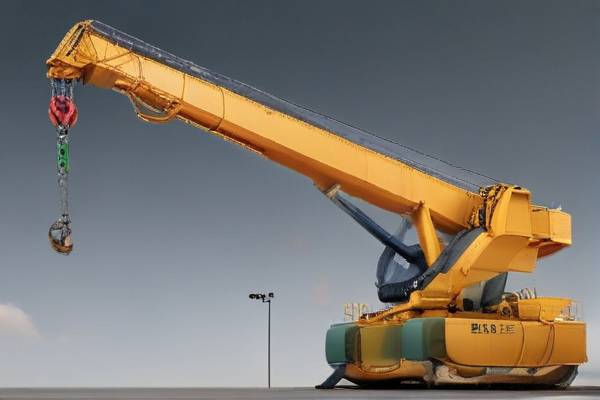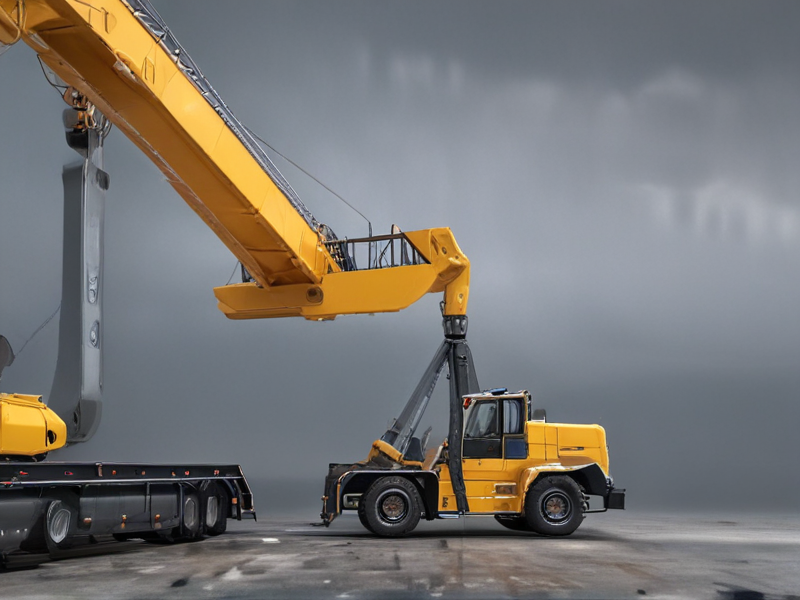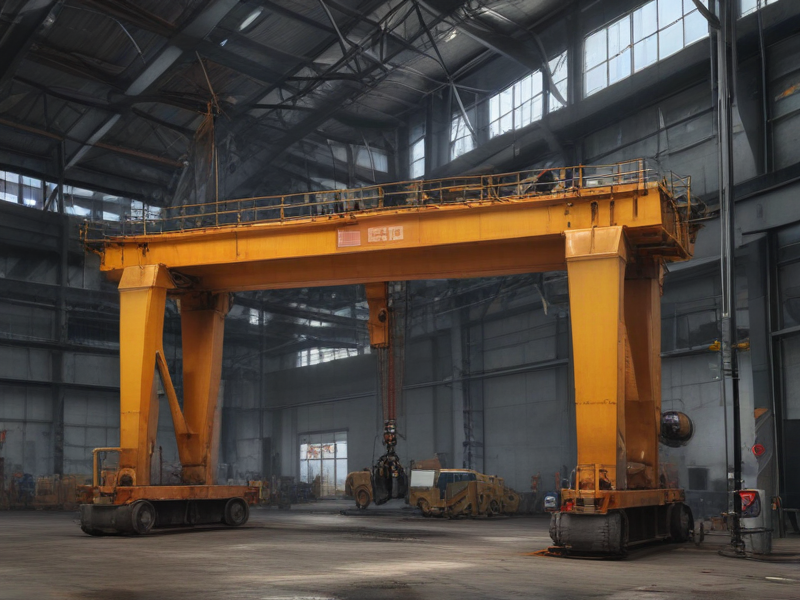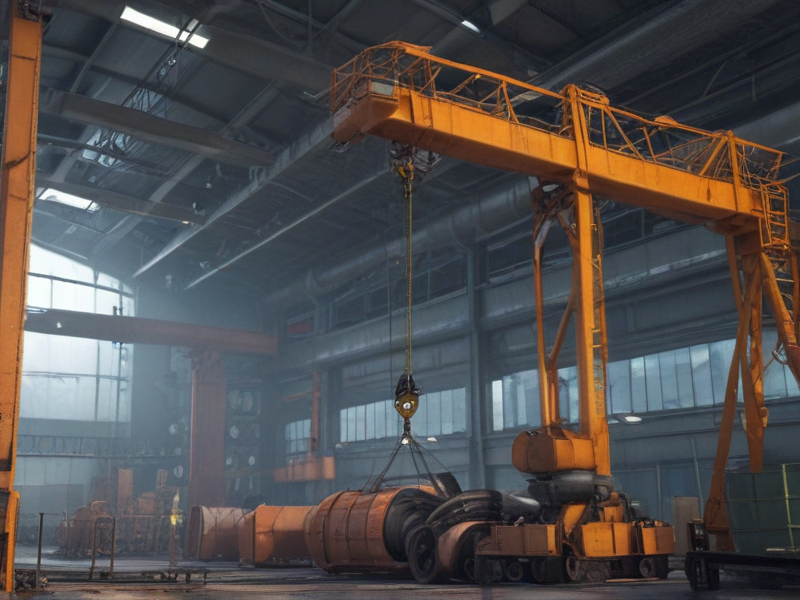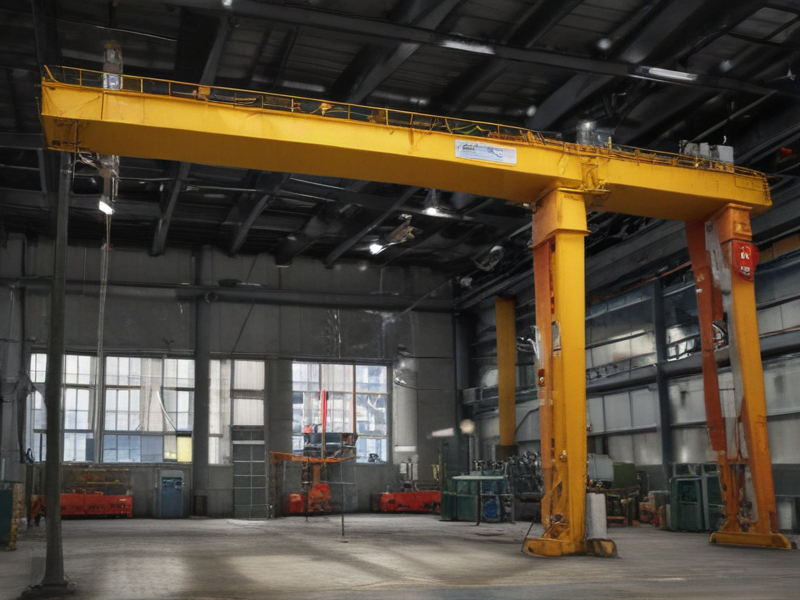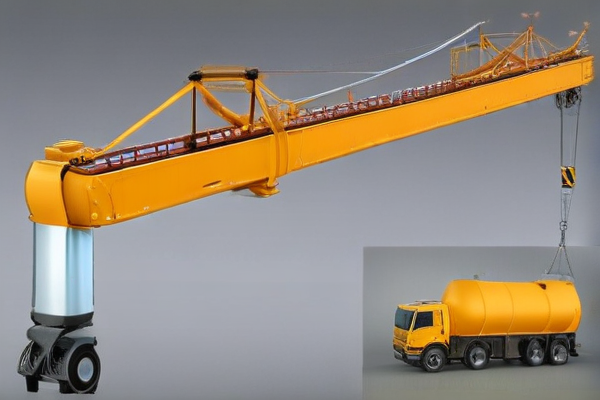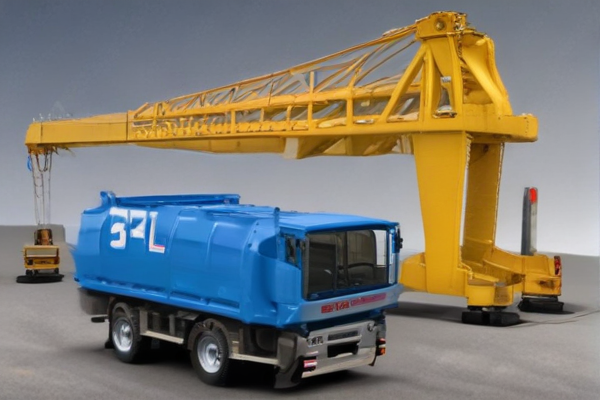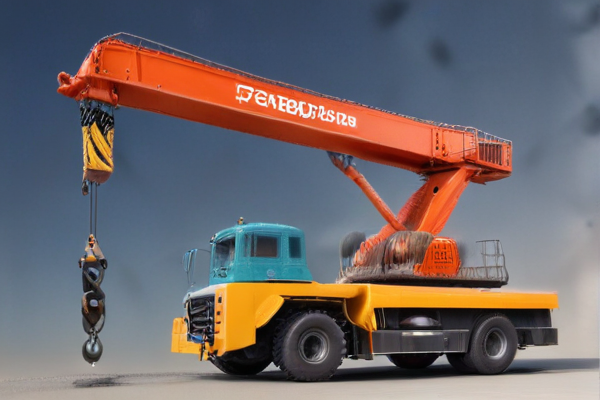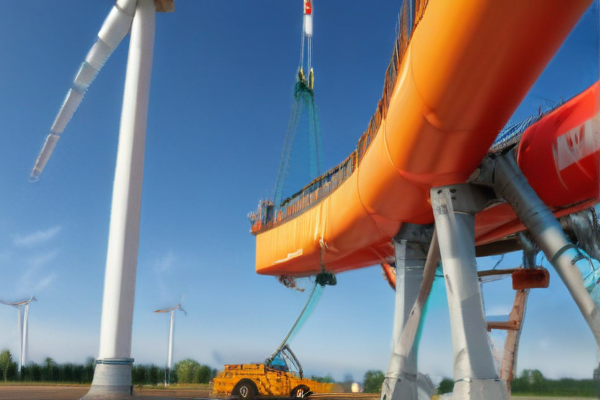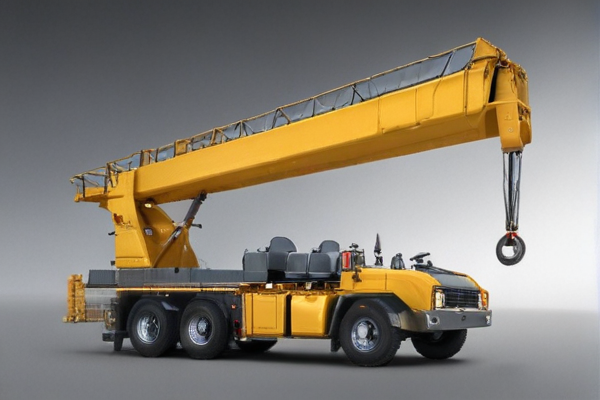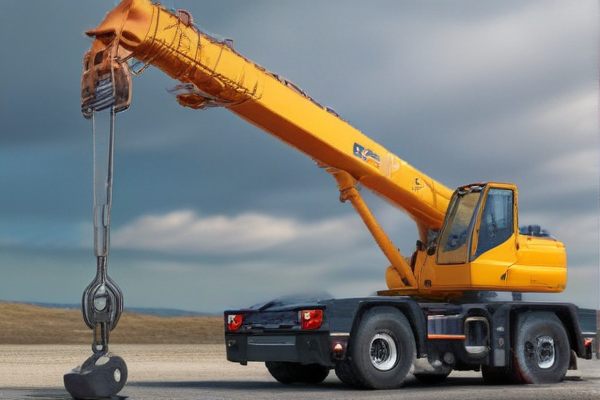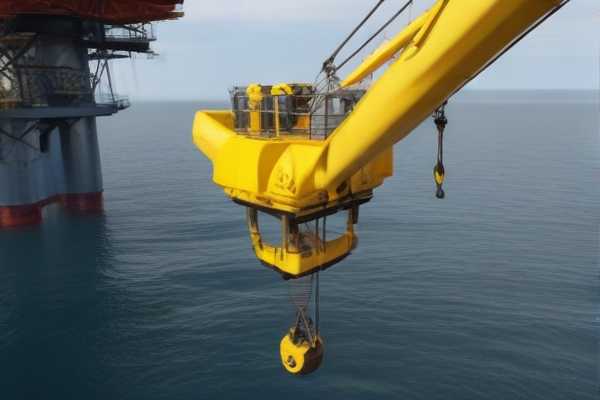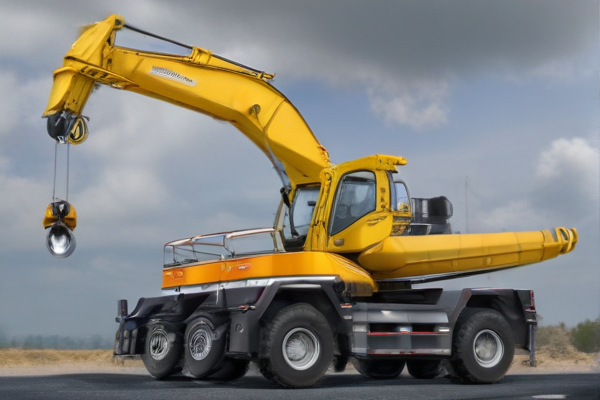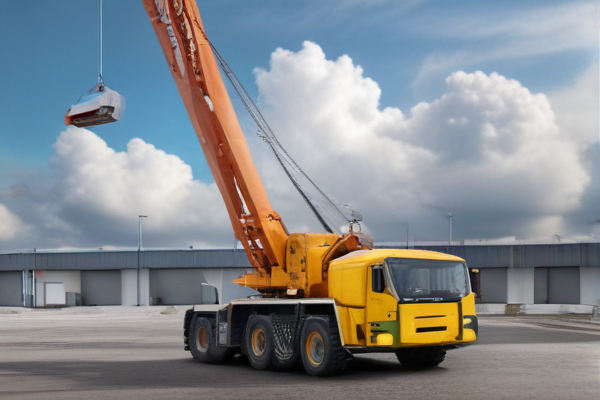Sure, here are some frequently asked questions (FAQ) and their answers for sourcing a Fuel Handling Crane from SourcifyChina factory:
Q1: What is the lead time for a Fuel Handling Crane from SourcifyChina factory?
A1: The typical lead time for manufacturing and delivery of a Fuel Handling Crane from SourcifyChina factory is 8-12 weeks. However, it may vary depending on the specific requirements and current production schedule.
Q2: What are the primary specifications of the Fuel Handling Crane offered by SourcifyChina?
A2: The primary specifications include a lifting capacity of up to 50 tons, automated control systems, and customizable lifting heights. Specific details can be tailored based on your operational needs.
Q3: Can I customize the Fuel Handling Crane according to my operational requirements?
A3: Yes, SourcifyChina offers customization to meet your specific needs. This includes adjustments in lifting capacity, height, control systems, and any additional features required for your particular fuel handling operations.
Q4: How do you ensure the quality and safety of the Fuel Handling Crane?
A4: SourcifyChina follows stringent quality control processes, including ISO 9001 certification. Each crane undergoes rigorous testing procedures to ensure safety and reliability.
Q5: What is the cost of a Fuel Handling Crane from SourcifyChina?
A5: The cost varies based on factors such as lifting capacity, customization needs, and additional features. For a detailed quote, please contact SourcifyChina directly with your specific requirements.
Q6: Do you offer after-sales service and support?
A6: Yes, SourcifyChina provides comprehensive after-sales support, including installation services, maintenance, parts replacement, and technical support.
Q7: What are the shipping and delivery options?
A7: SourcifyChina offers various shipping options including sea freight, air freight, and express delivery, depending on urgency and location. Delivery times and costs will vary accordingly.
Q8: Are there any warranties provided?
A8: Yes, SourcifyChina provides a standard warranty period of one year for all Fuel Handling Cranes, covering manufacturing defects and parts replacement.
Q9: How do I place an order with SourcifyChina?
A9: You can place an order by contacting SourcifyChina’s sales team via email or telephone. Provide your specifications and requirements to receive a personalized quote and further instructions.

